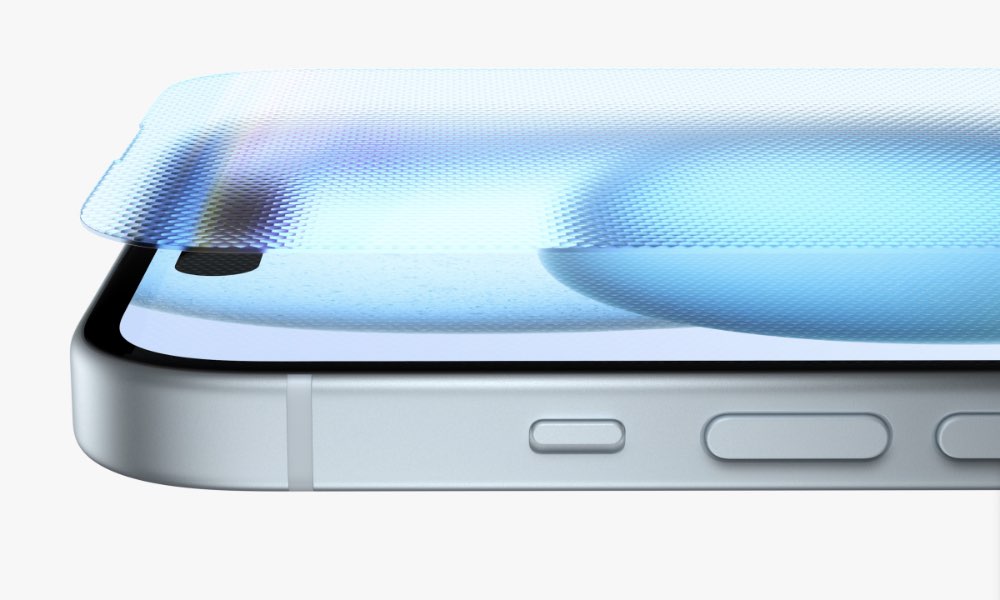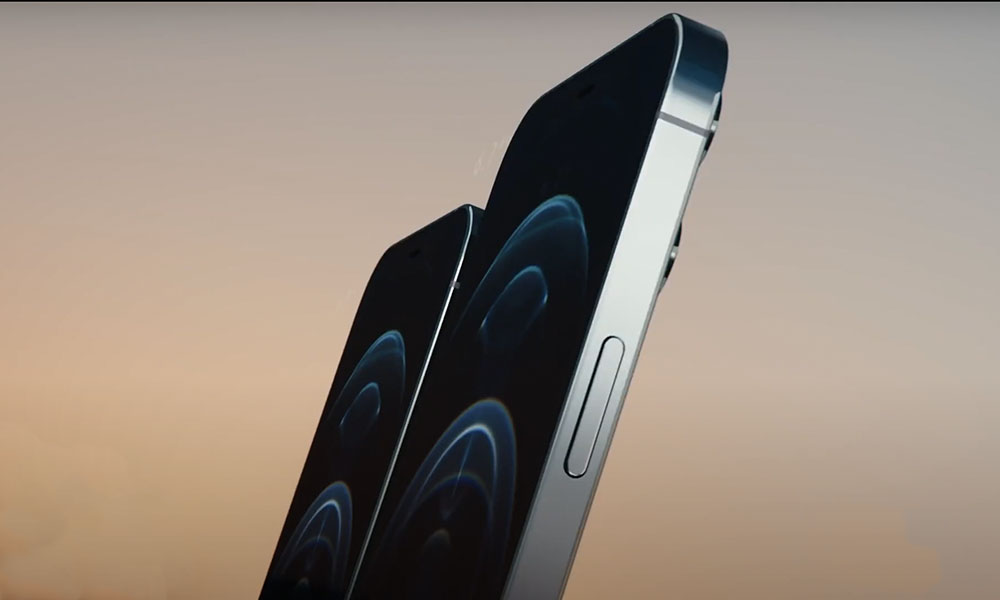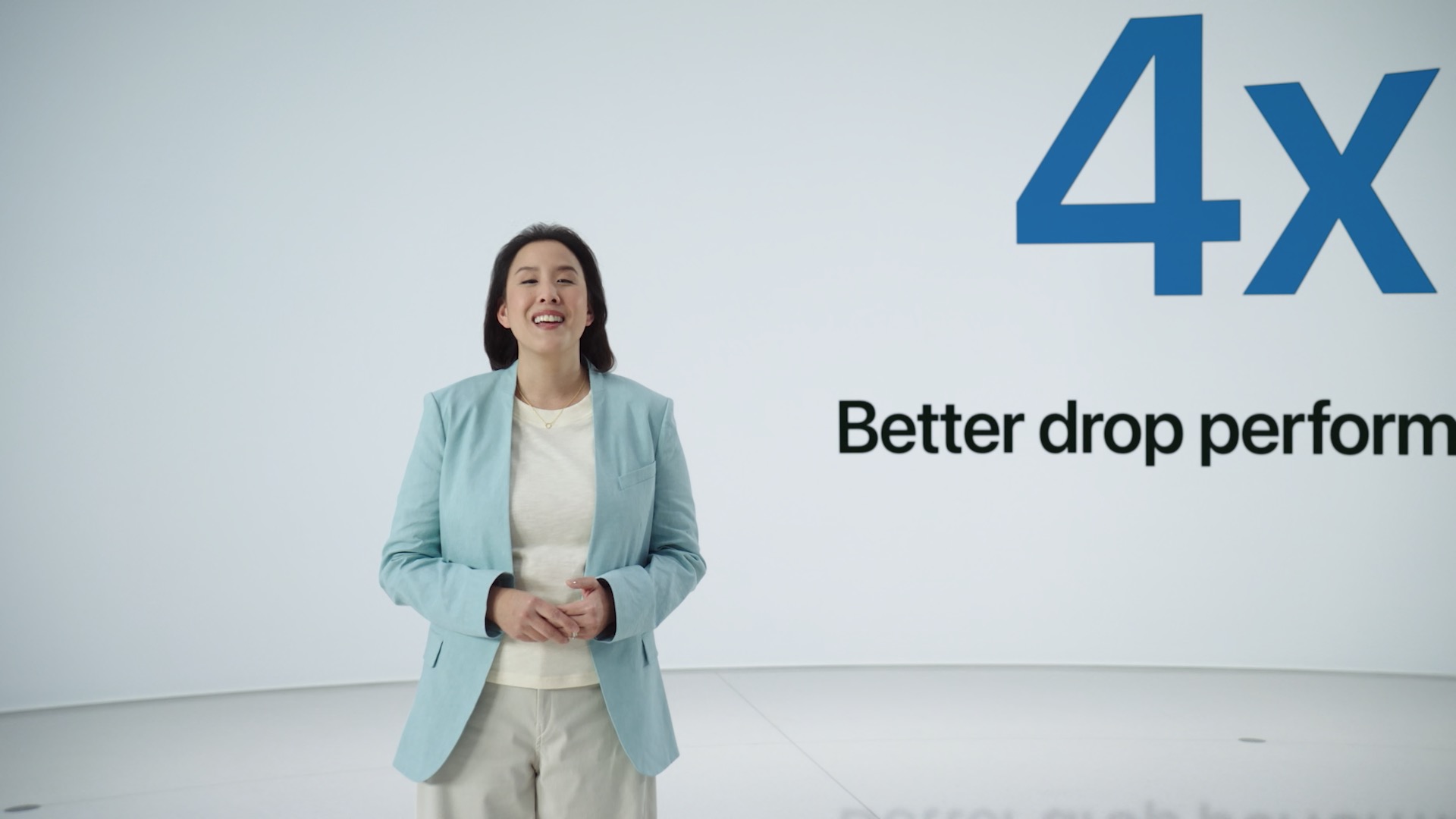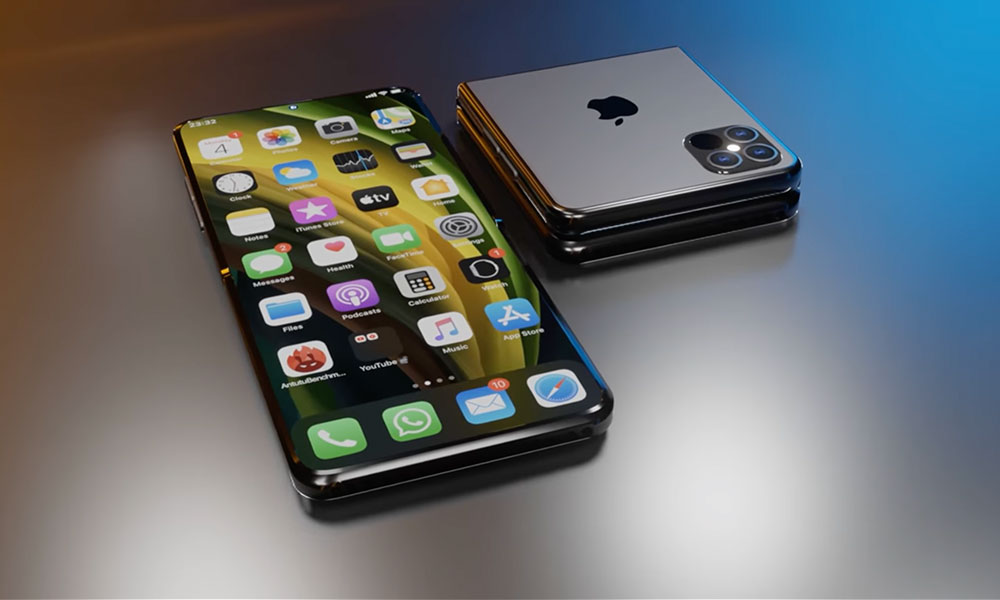iPhone Glass Maker Corning Under Fire in Another EU Antitrust Case

Toggle Dark Mode
The European Commission is leaving no stone unturned in its antitrust investigations surrounding Apple and other tech giants. Earlier this year, the Digital Markets Act (DMA) forced Apple to open up its iPhone and iPad App Store — and may soon affect the Apple Pencil and AirPods — the EC is now looking into whether Corning has engaged in anticompetitive practices related to the glass it supplies for smartphones.
To be clear, this isn’t just about Apple, and that’s likely part of the EC’s issue. Corning has been a key supplier of Gorilla Glass for smartphone screens for over a decade, covering nearly every Android smartphone on the market, from major brands like Google and Samsung to smaller boutique makers like OnePlus.
The European Commission announced the opening of the probe earlier this week, stating that it believes Corning “abused its dominant position on the worldwide market for [its] special type of glass.”
The EC’s issue isn’t merely that nearly every modern smartphone uses some variation of Gorilla Glass but that Corning has locked its clients like Apple and Samsung into exclusive agreements that require them to source all their glass from Corning. On top of that, the EC claims that agreements include clauses that require Corning’s clients to “report to Corning on competitive offers” and prohibit them from sourcing glass from those competitors unless Corning fails to match their pricing. Under the terms of the agreement, smartphone makers are also prevented from challenging Corning’s patents, which could hamper any efforts they might undertake to create their own glass formulations.
It is very frustrating and costly experience to break a mobile phone screen. Therefore, strong competition in the production of the cover glass used to protect such devices is crucial to ensure low prices and high-quality glass. We are investigating if Corning, a major producer of this special glass, may have tried to exclude rival glass producers, thereby depriving consumers from cheaper and more break-resistant glass. Margrethe Vestager, Executive Vice-President in charge of competition policy
While Apple has never openly stated that it uses Corning’s Gorilla Glass, most analysts believe it’s been using some form of Corning’s glass for years. Apple has tacitly admitted that it works with Corning, but it wasn’t until 2020, when it promoted its new Ceramic Shield with the iPhone 12 lineup, that it more openly declared its collaboration.
The Ceramic Shield was considered better than Corning’s Gorilla Glass 6, the newest formulation at the time. While Corning has improved its material engineering with its Gorilla Glass Victus brand and the latest Glass Armor, which is used exclusively in the Samsung Galaxy S24 Ultra, Apple has quietly improved its Ceramic Shield, likely along similar lines.
Apple doesn’t usually say much about Ceramic Shield, but during this year’s iPhone 16 unveiling, Apple’s iPhone marketing VP Kaiann Drance said this year’s Ceramic Shield is twice as durable as the glass found on any other smartphone and 50% tougher than the iPhone 12 version.
Since Apple plays its cards very close to its vest in its supplier agreements, it’s not entirely clear whether the EC’s antitrust probe applies to Corning’s agreements with Apple in the Ceramic Shield era. Apple has described the arrangement as a “collaboration,” which suggests it’s not merely buying glass from Corning like its rivals. However, that doesn’t mean the agreements may not have anticompetitive clauses that could prevent Apple from working with any other glass supplier.
Nevertheless, there’s clearly a strong relationship between the two companies. Apple gave Corning $45 million from its Advanced Manufacturing Fund in 2021 — a move that came not long after reports appeared that it was working on flexible Ceramic Shield displays for a foldable iPhone. That followed previous investments of $250 million in 2019 and $200 million in 2017.
There’s no word on how long this latest antitrust investigation will run, as the EC says it depends on multiple factors, “including the complexity of the case,” and how much cooperation it gets from the companies involved. When the dust settles, the Commission expects to determine whether Corning’s agreements have resulted in higher prices or blocked innovation by preventing smaller companies from entering the market.










